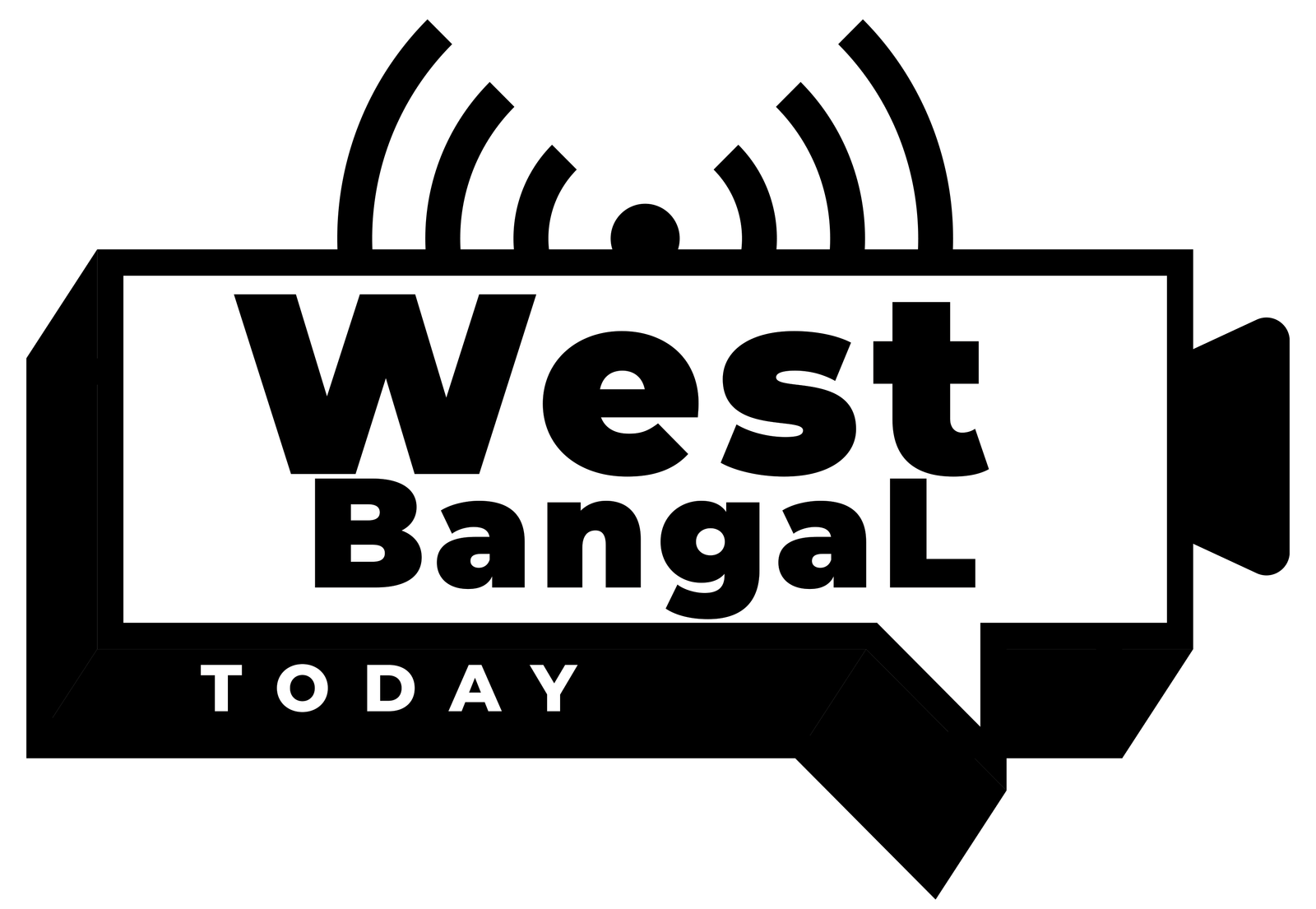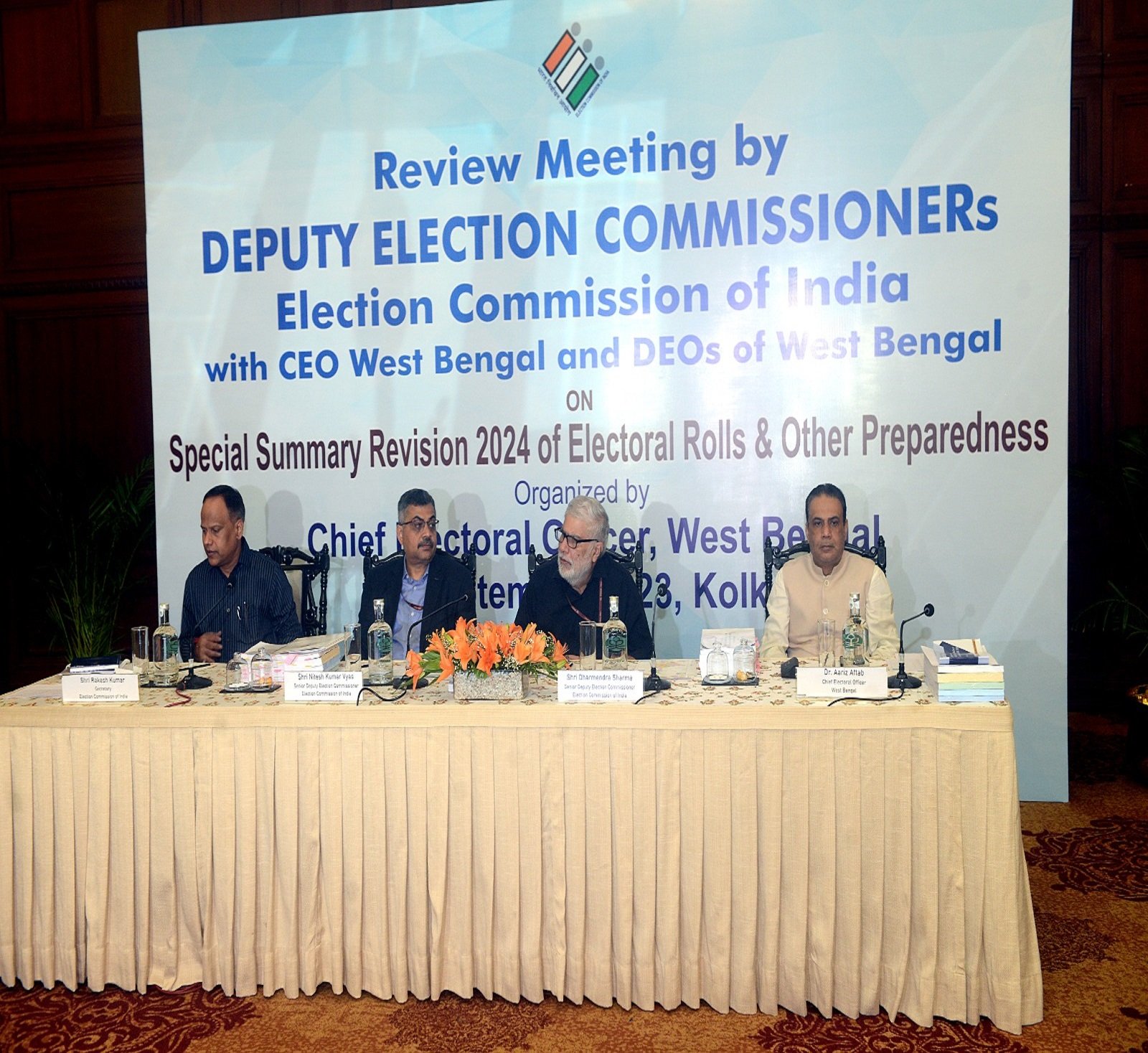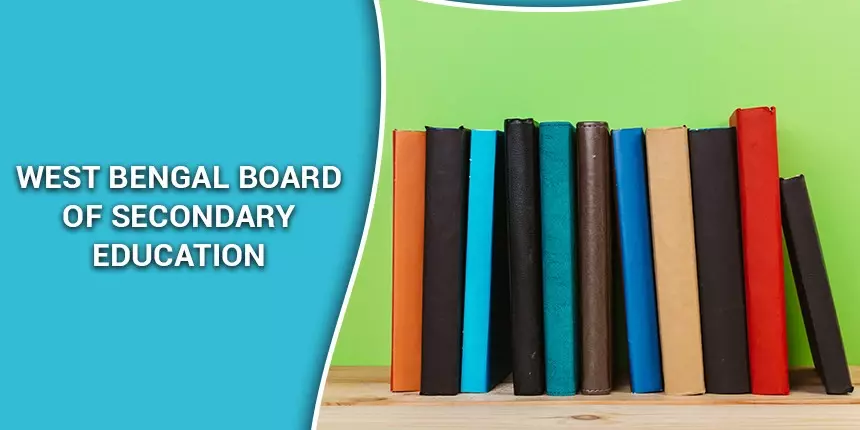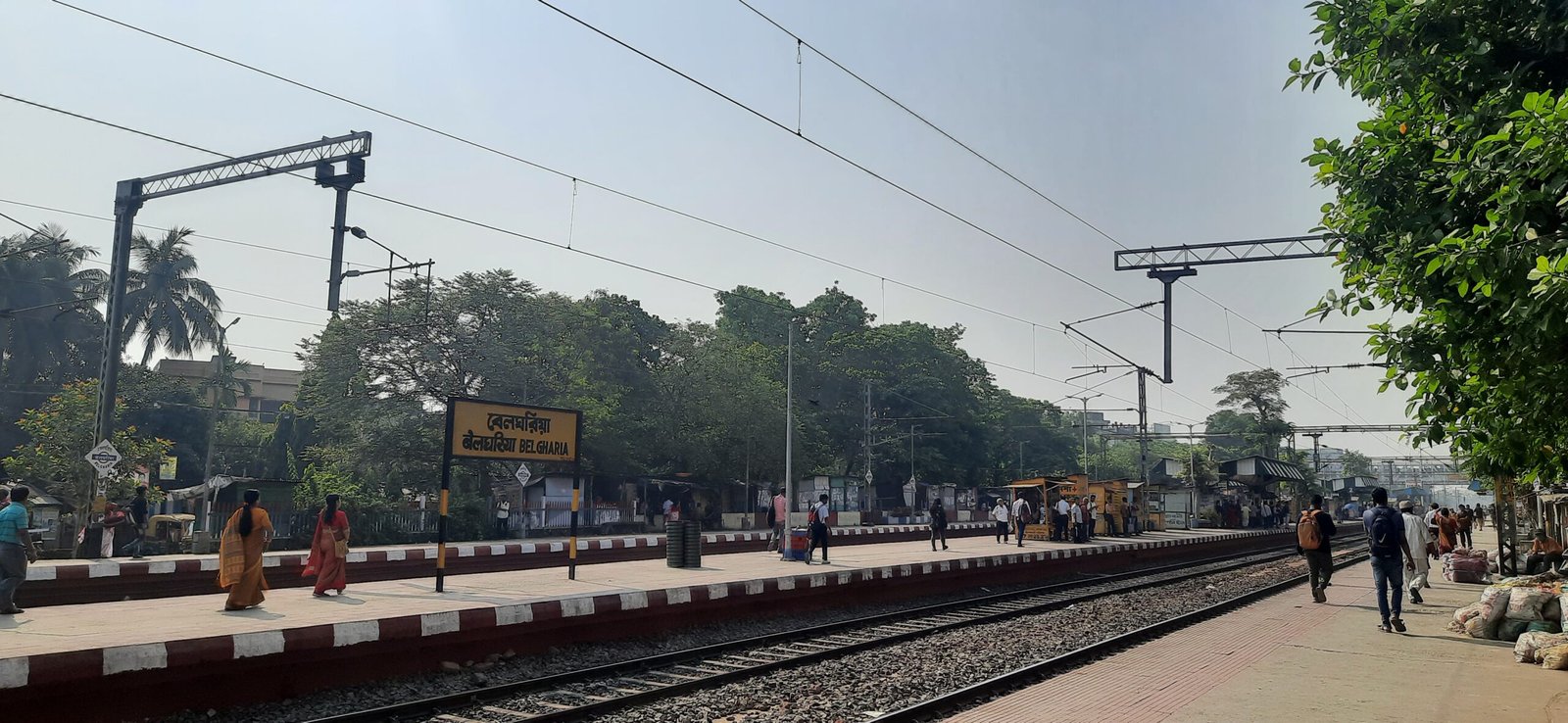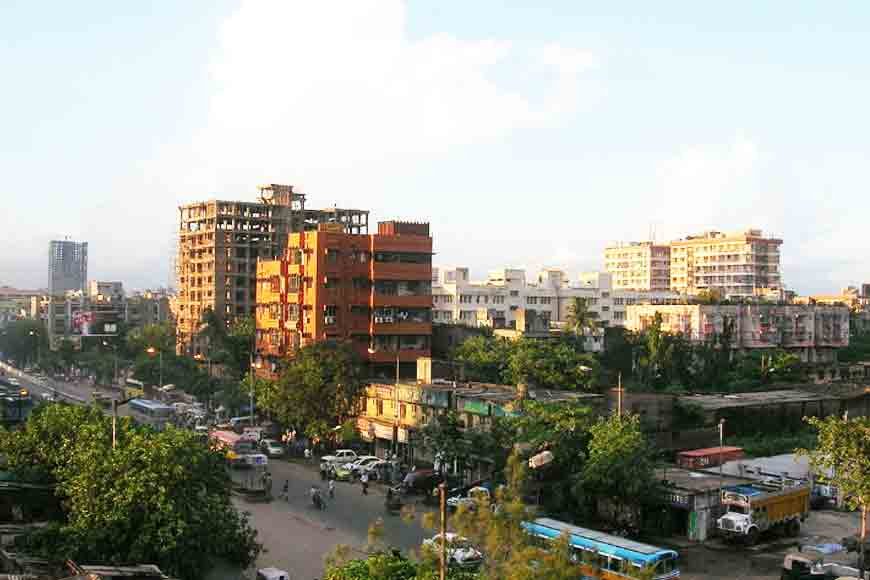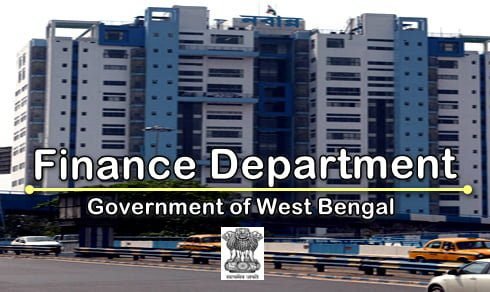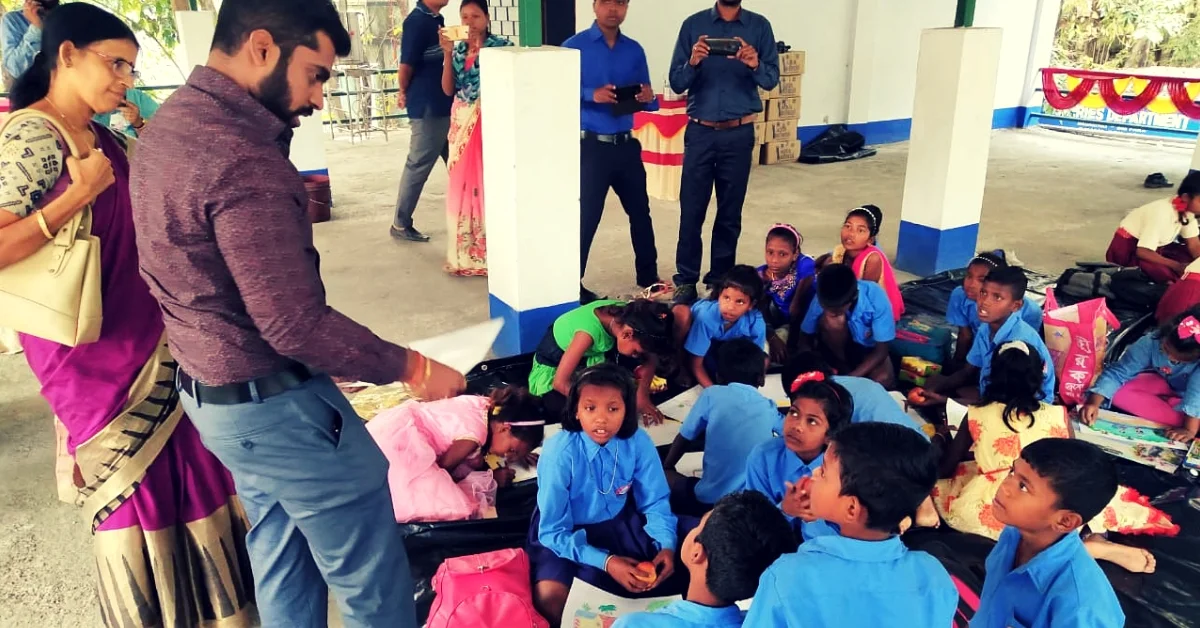
As part of its responsibility, the west Bengal higher education department follows the recommendations given by the University Grants Commission to ensure that the academic and administrative standards of the entire higher education system in the state are maintained and improved. Part of its regular operations include conducting workshops for NAAC and inspecting new institutions for approval (e.g., General Degree Colleges, B.Ed. Colleges, Law Colleges, etc.). The Council assists the Ministry of Higher Education in launching new policy initiatives through various research and publications. It also arranges Council sessions, where important policy issues influencing educational institutions are deliberated. The Council’s mission includes checking up on all state-funded and -accredited universities to ensure they’re doing well with teaching and other administrative tasks.
The Higher Education Council of West Bengal: Functions and Duties for West Bengal Higher Education
To guide the higher education sector in West Bengal towards the government’s desired objectives, the State Council of Higher Education was established. The following are some of the endeavours that the Council hopes to undertake:
Organization and Management
• Assist in the development and execution of unified university-wide curricula by standards set forth by the west Bengal higher education departmentand the University Grants Commission (UGC) from time to time.
• Work with the UGC and the Higher Education Department to establish and uphold standards for higher education and offer solutions as needed.
• To formulate long-term strategies to improve the state’s higher education system.
• To have the state’s HEIs submit their developmental efforts to the UGC for evaluation and to start keeping tabs on how far along those initiatives are.
• To expand opportunities for collaboration between HEIs and other relevant organisations and to encourage HEIs to work together.
• To establish standards for new higher education institutions (HEIs) by requirements set out by the government and the UGC.
The Council will conduct proper scrutiny and field inspection for the proposed college, considering the necessity, demand, and suitability of establishing the college in a given site, as well as following the relevant directions from the Govt. Following the completion of such an evaluation, the Council would forward the findings to the Department of Higher Education for further processing.
• The Council will inspect the colleges and report back to the affiliating universities so they can take the appropriate steps regarding the expansion of affiliation of new topics in the current colleges at the UG and PG levels.
• To propose strategies for increasing government funding for state schools and developing new funding sources inside existing schools.
• Cooperate with other national-level governing bodies or authorities in many fields of higher education, such as the AICTE, BCI, NCTE, NAAC, NBA, and ICAR.
• To track the number of female students enrolled in four-year institutions and to promote female students to pursue higher education.
• To determine what’s required and to start doing things to encourage students from socially disadvantaged households to go to college.
• Keep a careful eye on how colleges in economically disadvantaged parts of the state work, and report any infrastructure or other issues to the relevant college governing bodies, the affiliated university, and the state government.
20,000 Children Fight Poverty and Trafficking Through IAS Officer’s Free Model
The cause of education has always held a special place in Nikhil Nirmal’s heart. He hails from Kerala, the state with the highest literacy rate in the country.
Chief Minister Mamata Banerjee voiced concerns regarding the quality of education being provided to kids in West Bengal in August 2018. During his tenure as District Magistrate of Alipurduar, the youthful officer proposed a novel programme known as the “Aloran” initiative.
Over the previous three months, the bureaucrat’s project has impacted the lives of more than 20,000 pupils in 73 different schools.
The students’ parents are tea garden labourers, and they come from economically disadvantaged parts of the district.
The tea garden employees came clean about the subpar education their kids were getting throughout multiple meetings. Five of the twenty tea gardens deemed ‘distressed’ had to close their doors permanently because of the severe damage they sustained.
The workers were compelled to engage in manual scavenging and menial tasks due to their income and job instability. Crimes such as child marriage, sexual abuse, trafficking in children, organ trafficking, and drunkenness all flourished in areas where severe poverty was prevalent. To help out the family financially, many of these children were forced to work as child labourers.
The DM realised that the desperately needed change could only be achieved through direct administrative action. Thus came the birth of Aloran.
Nikhil Nirmal discusses the programme with The Better India
“At first, many were surprised when I began attending schools unannounced. Several issues were apparent to me right away: low attendance, absent teachers, and a lack of oversight from the education department. We later learned that they were also dealing with a critical officer shortage so that we couldn’t hold it against them. Only four Sub-Inspectors were available to oversee 840 schools spread across eleven circles.
Instead of letting things slide, the bureaucrat decided to dine with the students and assess their progress in class while simultaneously visiting the schools to ensure high-quality lunches.
The Aloran Initiative began on Teacher’s Day in 2018 and is currently underway in 73 schools within the Alipurduar District, notably in five blocks: Alipurduar I, Falakata, Kalchini, Kumargram, and Madarihat. These schools are located in sealed and “stressed” Tea Garden regions.
In what ways does the programme function?
The Deputy Magistrate, Deputy Collector, and extension officers, among others, do biweekly school visits under this “zero-cost” concept.
In addition to monitoring the quantity and quality of lunches served during the school day. They also maintain a careful eye on the school’s infrastructure and sanitation facilities.
Many of these students cannot afford a healthy lunch at home. Therefore, the midday meal is the main reason they come to school. Consequently, we focus on both the amount and quality of the food.
The officers also pay a house visit to parents whose children are away from school for more than ten days a month to have a private conversation on the value of education. Nikhil said that because their district shares a border with Bhutan, people often worry that a child may have been trafficked if they go missing for an extended period.
